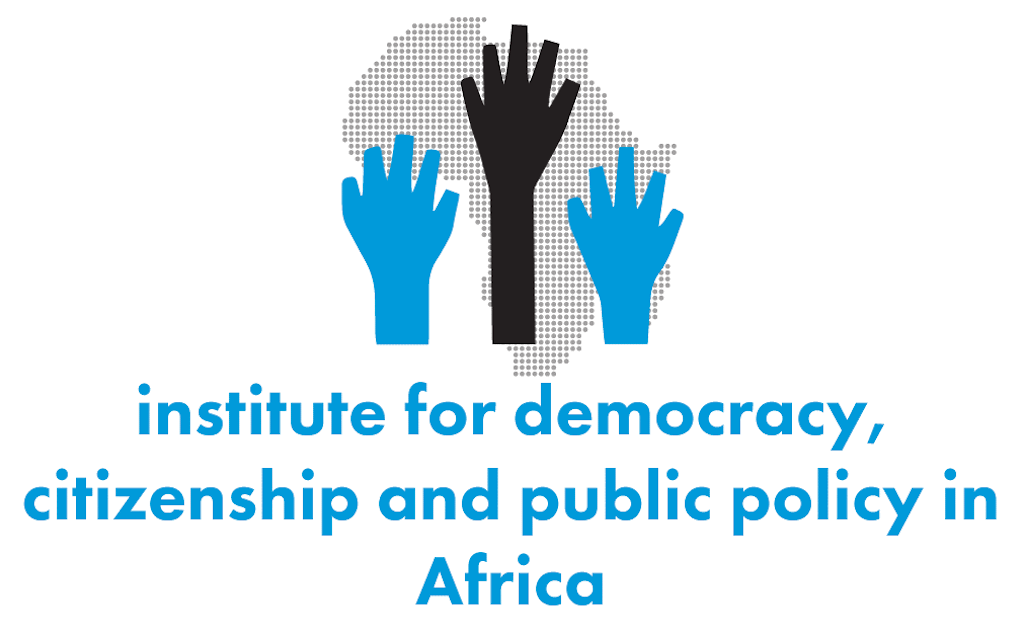The 'Coverage' or Reach of Social Protection in Africa: A critical look at data

Professor Jeremy Seekings gave April 24th CSSR/Institute lunch seminar titled "The 'Coverage' or Reach of Social Protection in Africa: A critical look at data".
Rising enthusiasm for social protection among international organisations has resulted in considerable improvements in the availability of data on the 'coverage' or reach of social protection. Notwithstanding the glossiness of publications in which data are published, data on Africa remain incomplete and of uneven quality. This paper reviews critically efforts to collate data by the International Labour Organisation (ILO), World Bank and the formerly Manchester-based Social Assistance, Politics and Institutions (SAPI) project. The paper examines the definitions of social protection, inconsistencies in how these are applied in practice, and procedures for imputating missing country-level data. The ILO data, which are arguably the most influential data, seem to exaggerate both existing coverage (by its own definition) and the pace of expansion over recent years, whilst underestimating coverage (by a more inclusive definition). Whatever the precise extent of existing coverage, it is clear that large gaps remain: Most elderly people in Africa do not receive pensions; most poor children receive little or nothing; and peasant farming families and workers in the informal economy remain largely uncovered. States protect their citizens against the most extreme forms of poverty (especially famine), but do little to mitigate more routine and chronic poverty and disadvantage.
